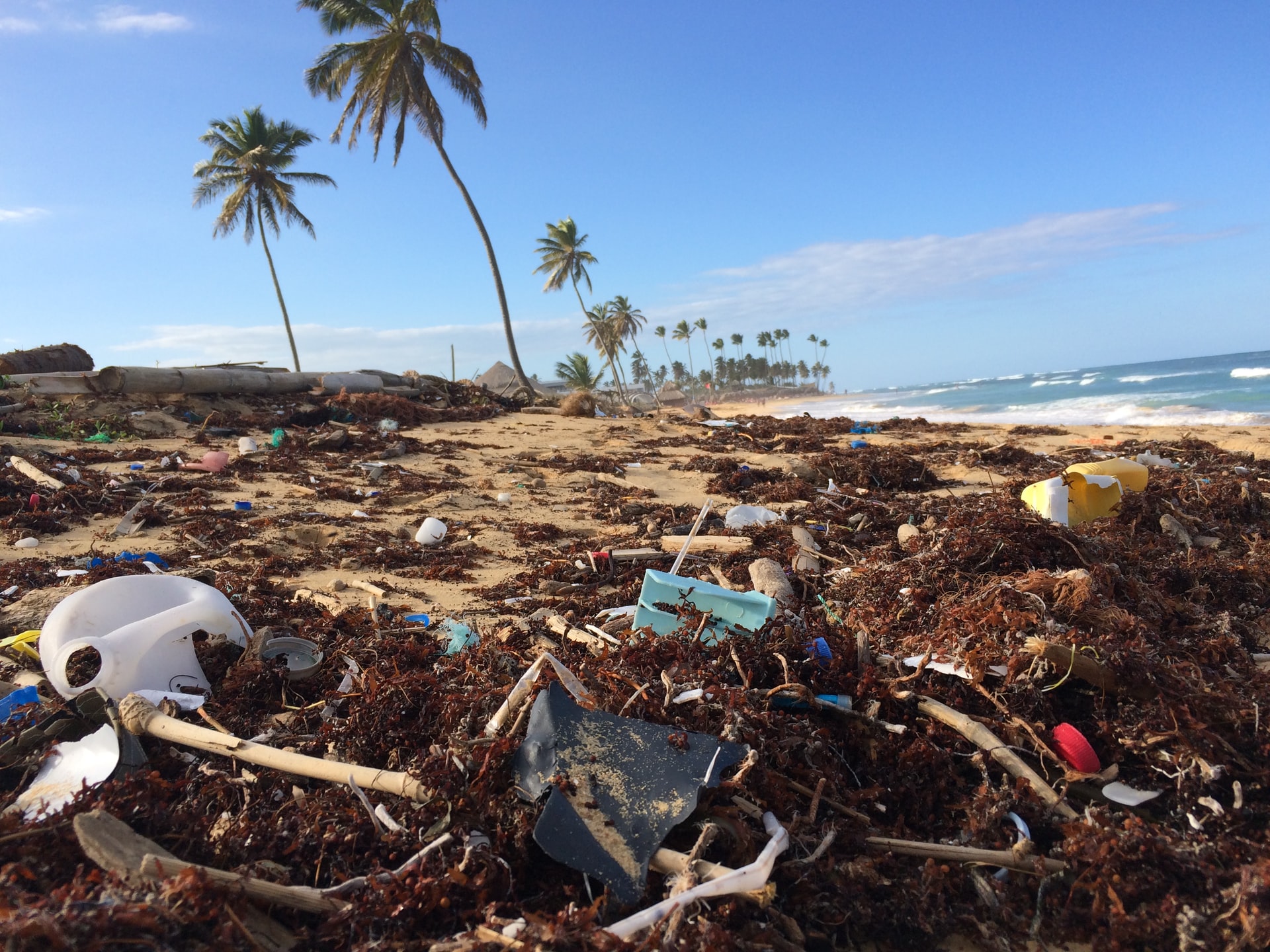There has been a growing awareness of the harmful effects of plastic on both the environment and our health. While it’s vital to reduce our overall plastic consumption, it’s also crucial that we focus on reducing our use of single-use or disposable plastics. These are the items used for a short period and then thrown away, such as straws, water bottles, coffee cups, and shopping bags. These items end up in landfills where they can take centuries to break down, but they also often end up in our oceans, where they cause serious harm to marine life. So, if you’re looking for ways to reduce your plastic use, here are 6 of the best:
1. Bring Your Reusable Shopping Bags
This is probably the simplest and most effective way to reduce your plastic use. Invest in a good quality reusable shopping bag or two, and make sure you always have them with you when you go to the store. You can also find reusable produce bags, great for fruit and veg shopping. Many grocery stores also offer paper or reusable bags for loose items such as bread. When storing food leftovers in the fridge or freezer, opt for a ziploc bag alternative that can be reused multiple times. This is a great way to reduce your use of plastic bags. You can also buy reusable sandwich bags and storage containers to reduce your reliance on plastic wrap and zip-lock bags.
2. Say No To Straws and Plastic Lids
Plastic straws are one of the most unnecessary single-use plastics. They’re used for a few minutes and then thrown away, yet they can take centuries to break down. And, even worse, they often end up in our oceans, where they cause serious harm to marine life. If you don’t want to give up straws altogether, invest in a reusable stainless steel or glass straw, which can be used repeatedly. There are also bamboo or paper straws available, which biodegrade reasonably quickly. Alternatively, you could suck on the ice in your drink without using a straw.
3. Bring Your Own Coffee Cup
To-go coffee cups are one of the biggest culprits of single-use plastic waste. Millions of coffee cups are thrown away and in a landfill every day. And, even if they’re made from recycled paper, the plastic lining in most coffee cups makes them difficult to recycle. So, if you’re a coffee lover, bring your reusable cup with you when you get your morning fix. Most coffee shops will gladly fill up your cup, and some will even give you a discount. Make sure your cup is made of non-plastic materials such as glass or ceramic. If you forget yours at home, try to find a place that uses compostable cups.
4. Avoid Excessive Packaging
Packaging is one of the biggest sources of plastic waste. And unfortunately, it seems like everything comes wrapped in plastic these days. Where possible, try to buy items with minimal packaging or opt for products that come in recyclable packaging. You can also take your reusable bags or containers to the store to avoid using disposable bags. This is especially important when buying bulk items or loose produce. And, if you shop online, choose retailers that use sustainable packaging materials.
5. Shop at Farmers Markets
Farmers’ markets are a great alternative to supermarkets, and they’re usually much better for the environment. This is because most products are sold without any packaging and, often, the food is locally grown. This means less transport is required, which reduces your carbon footprint. In addition, many farmers’ markets now use reusable bags and containers, which further reduces waste. So, next time you need to do some grocery shopping, head to your local farmers market instead of the supermarket.
6. Compost Your Food Scraps
Food waste is a huge problem, and it’s estimated that around one-third of all food produced is wasted each year. While some food waste can be avoided by planning your meals or storing food correctly, some will inevitably end up in the bin. But, rather than throwing away your food scraps, why not compost them? This is a great way to reduce your waste, and it’s also good for your garden. Add your food scraps to a compost bin or pile, and, over time, they’ll break down into nutrient-rich compost that can be used to fertilize your plants.
There are many ways we can reduce our plastic use and harmful waste, some of which are easier than others. By following the tips we’ve outlined in this article, you can make a real difference to the amount of waste you produce each year. And if more people start taking these simple steps, it will help us move toward a more sustainable future.






Leave A Comment